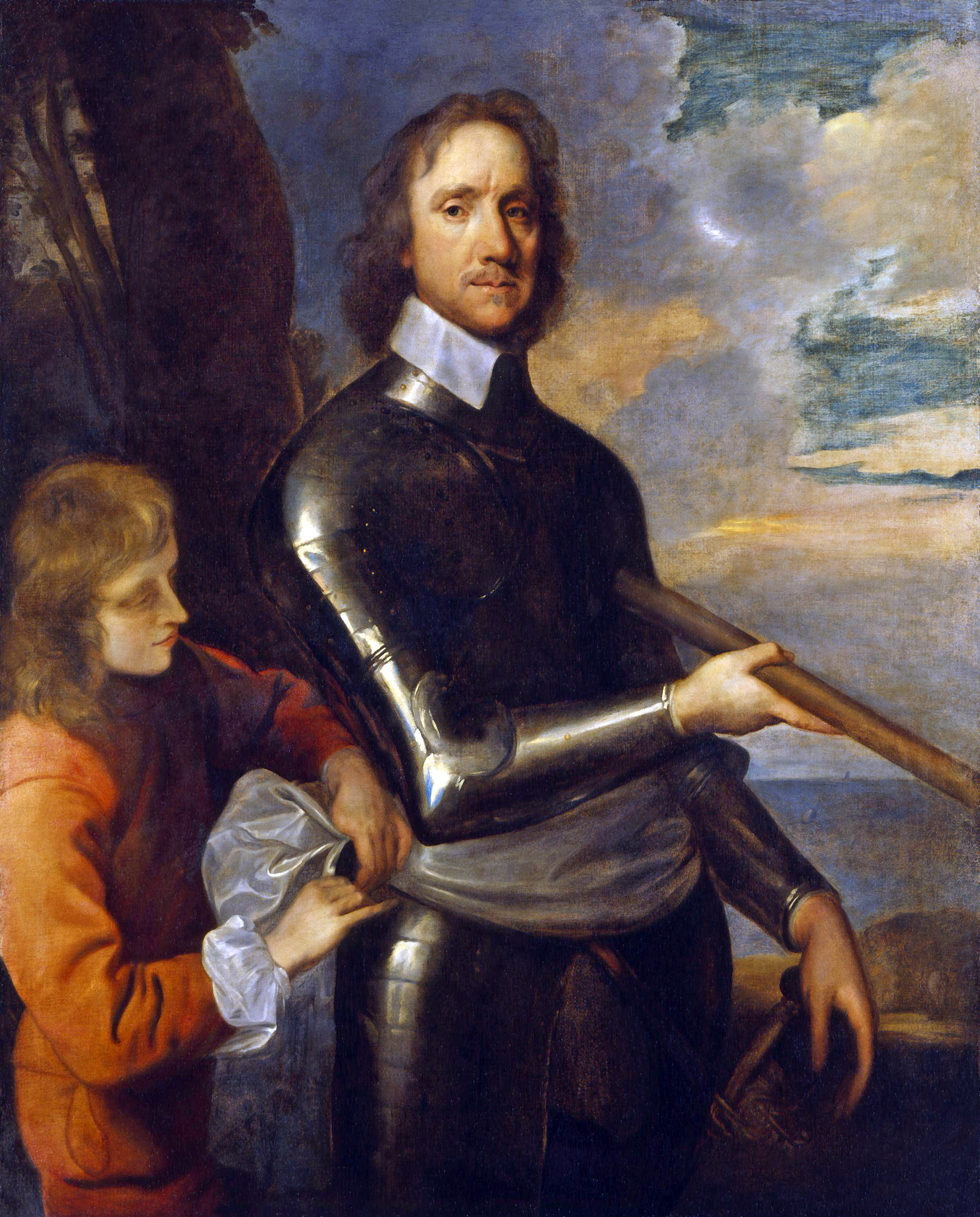Edmund Waller (1606- 1687) Poet and Plotter
Recently finished reading 'The Last Roundhead' , a superb novel by Jemahl Evans and was reminded that poet Edmund Waller was a leading figure in a doomed Royalist rebellion that hardly got off the ground in London in 1643. The capital was firmly in the hands of the Parliamentarian forces. Waller was MP for Agmondesham, Buckinghamshire, and related to both Oliver Cromwell and John Hampden, but had sent money to King Charles in Oxford in 1642.
Waller and leading co-conspirator Nathaniel Tomkins were arrested on 31st May 1643. They were betrayed, most likely due to being naive and indiscreet, and totally underestimating the rudimentary intelligence service that Parliament was starting to assemble.
In the aforementioned novel, Waller is portrayed as breaking down completely, offering bribes and betraying as many of his cronies A typical view . As one biographer declared " Poets are in general poor politicians and miserable plotters." Nathaniel Tomkins and another leading conspirator, Thomas Chaloner were executed. Waller lost his seat in Parliament, spent nearly a year and a half in the Tower, and went into exile in November 1644, after having to part with even more money, not returning until 1651.
In 1654 Edmund Waller wrote his a panegyric to Oliver Cromwell, considered to be one of his better poems. He evokes Cromwell as being another Ceasar, who had crushed the Scots and the Irish, made the Commonwealth into an internationally recognised power. Most people would agree that as poetry goes, it is inferior to the
Horatian Ode that Andrew Marvell composed upon Cromwell's return from Ireland in 1650.
After the Restoration Waller became an MP for Hastings in 1661, and wrote poems in honour of Charles I and the Duke of York ( later James II).
Portrait of Oliver Cromwell by Robert Walker
(1607-1658), from National Portrait Gallery
Courtesy of Wikicommons
| From ‘A Panegyric to My Lord Protector’ |
| By Edmund Waller (1606–1687) |
|
| WHILE with a strong and yet a gentle hand, | |
| You bridle faction, and our hearts command, | |
| Protect us from ourselves, and from the foe; | |
| Make us unite, and make us conquer too. | |
|
| Let partial spirits still aloud complain, | 5 |
| Think themselves injured that they cannot reign, | |
| And own no liberty, but where they may | |
| Without control upon their fellows prey. | |
|
| Above the waves, as Neptune showed his face, | |
| To chide the winds and save the Trojan race, | 10 |
| So has your Highness, raised above the rest, | |
| Storms of ambition tossing us repressed. | |
|
| Your drooping country, torn with civil hate, | |
| Restored by you, is made a glorious State; | |
| The seat of empire, where the Irish come, | 15 |
| And the unwilling Scots, to fetch their doom. | |
|
| The sea’s our own: and now all nations greet, | |
| With bending sails, each vessel of our fleet; | |
| Your power extends so far as winds can blow, | |
| Or swelling sails upon the globe may go. | 20 |
|
| Heaven, that hath placed this island to give law, | |
| To balance Europe, and its States to awe, | |
| In this conjunction doth on Britain smile, | |
| The greatest leader and the greatest isle! | |
|
| Whether this portion of the world were rent | 25 |
| By the rude ocean from the continent, | |
| Or thus created, it was sure designed | |
| To be the sacred refuge of mankind. | |
|
| Hither the oppressèd shall henceforth resort, | |
| Justice to crave, and succor at your court; | 30 |
| And then your Highness, not for ours alone, | |
| But for the world’s Protector, shall be known…. | |
|
| Still as you rise, the State exalted too, | |
| Finds no distemper while ’tis changed by you; | |
| Changed like the world’s great scene! when, without noise, | 35 |
| The rising sun night’s vulgar lights destroys. | |
|
| Had you, some ages past, this race of glory | |
| Run, with amazement we should read your story; | |
| But living virtue, all achievements past, | |
| Meets envy still to grapple with at last. | 40 |
|
| This Cæsar found; and that ungrateful age, | |
| With losing him, went back to blood and rage; | |
| Mistaken Brutus thought to break their yoke, | |
| But cut the bond of union with that stroke. | |
|
| That sun once set, a thousand meaner stars | 45 |
| Gave a dim light to violence and wars,— | |
| To such a tempest as now threatens all, | |
| Did not your mighty arm prevent the fall. | |
|
| If Rome’s great Senate could not wield that sword | |
| Which of the conquered world had made them lord, | 50 |
| What hope had ours, while yet their power was new, | |
| To rule victorious armies, but by you? | |
........
Full Poem here
|
|



He was, I believe, related to one of the major Parliamentarian leaders, William Waller.
ReplyDelete